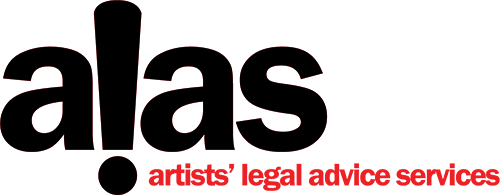Written by Sarah Zivoin
Who owns my work – my employer or me?
Generally, when you create a literary, dramatic, musical or artistic original work, you own its copyright. Such copyright allows you to produce, reproduce, create different versions, perform, publish or distribute all or part of it including by telecommunication (e.g., TV or radio broadcasting). However, Canada’s Copyright Act provides an exception to this general rule when the work was created in the course of your employment if the following conditions are met:
- There is an employment or an apprenticeship relationship. You must be an employee and not a freelancer or independent contractor. Where there is a question of whether you are an employee, an analysis would be conducted surrounding the circumstances of your being hired. Factors to be considered in such analysis would be the control the employer has over your work, whether the employer provides you with tools, equipment and space to create it, and if you are paid a salary from which taxes are deducted and remitted on your behalf to Canada Revenue Agency. The more of these factors which illustrate control by the employer of your work are present, the more likely that you will be found to be an employee and that this condition would be satisfied.
- The work is created during the course of employment or an apprenticeship. A question to ask in determining whether this condition is satisfied is whether your work was created under the employer’s instructions, with the employer’s resources and at the time that you are expected to be working for the employer. Even if you were using your own tools, equipment and space to create the work and were doing so during your free time, a further consideration would be whether the type of work being created would have been the type that you would have been expected to create during the course of your employment. If so, then this condition would likely be satisfied.
If the above conditions are met, you should then question whether retaining copyright in your work is customary practice or if a Copyright Act provision applies to the kind of work you created. For example, professors normally retain the copyright of their works even though created during the course of their employment at a university or college. Canada’s Copyright Act also treats works contributed to a newspaper, magazine or similar periodical publication differently in that, like a freelancer, an employed author in the absence of any agreement to the contrary retains a right to restrain publication of their work otherwise than as part of such publication.
Even if you are clearly an employed journalist and your employer owns the copyright in your work, you still maintain moral rights in your work unless you have waived them. Moral rights include the right to the integrity of the work (to the extent that changes may prejudice your honour and reputation) and the right to be credited for the work. A waiver of moral rights may be in writing, oral or implied depending upon the circumstances. In any case, an employment agreement may also contain specific provisions related to use or non-use of your name or to allow or prohibit changes to a work that you have created. That said, it is nevertheless important to read your employment contract carefully to determine whether you are being asked to waive your moral rights. If you are, there may be greater value being provided to your employer and you may be able to negotiate higher compensation in exchange.
This article is informational and not intended as a substitute for legal advice.

